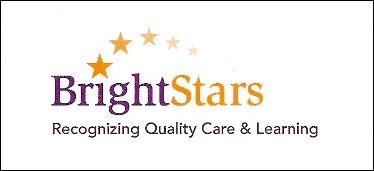The center is state licensed and has been rated as a “5 Star” program by BrightStars, a national assessment system that rates the quality of child care programs and provides important information to parents who are making choices regarding child care for their children.
Capital City’s Smith Hill Early Childhood Learning Center is located at 25 Danforth Street in the heart of Providence’s Smith Hill neighborhood. The center operates from 7:00 a.m. to 5:30 p.m. Monday through Friday and serves children ages three through five years who represent our racially and culturally diverse community. Financial assistance is available to low-income working families struggling with rising child care costs.
SHECLC has been participating in the RI Department of Education’s Pre-Kindergarten program since 2015, building to a total of 5 certified classrooms for 90 children. Pre-K education is a priority goal in Rhode Island, and the SHECLC is proud to have been one of the earliest sites selected to participate and maintain its rigorous standards. Children from Providence who turn 4 years old by September 1 are eligible to apply through a lottery process every spring.
Smith Hill Early Childhood Learning Center participates in the Rhode Island Department of Human Services’ KIDS CONNECT program that fund children with special needs participate, play and learn, along with their typically-developing peers. Learn more about KIDS CONNECT.

SHECLC has committed to improving its teaching practices so that the children and families will have access to a high quality education program that values the family and treats each child as an individual learner.